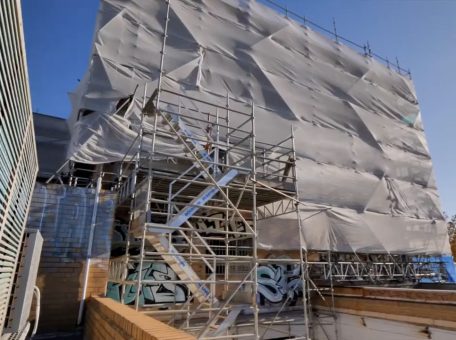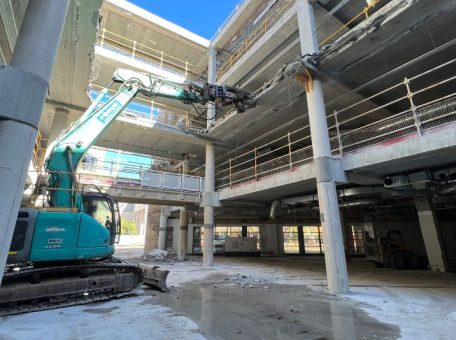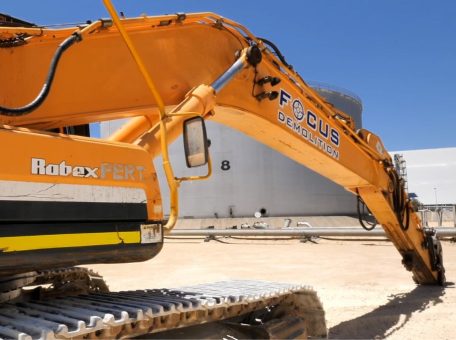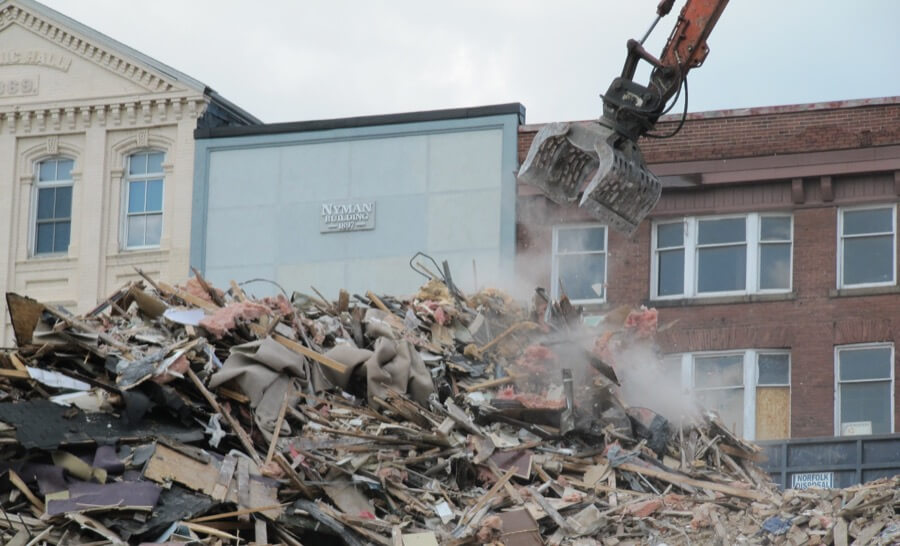
How to effectively dispose of construction and building waste
Proper disposal of construction and building waste is essential to protect our environment and the people who live in it. Hazardous construction and building waste cause environmental pollution, contaminating land and waterways and creating an eyesore in our natural landscape.
There is also the significant risk that construction waste may contain hazardous materials such as asbestos, which requires careful management to avoid harmful impacts on the environment and human health.
Piles of building waste can create fire hazards where an abandoned pile of construction waste materials may attract a firebug or other anti-social behaviour. Piles of unsecured building waste also present hazards to members of the local community – older people may trip on loose objects and young people may fall or injure themselves playing on an open site.
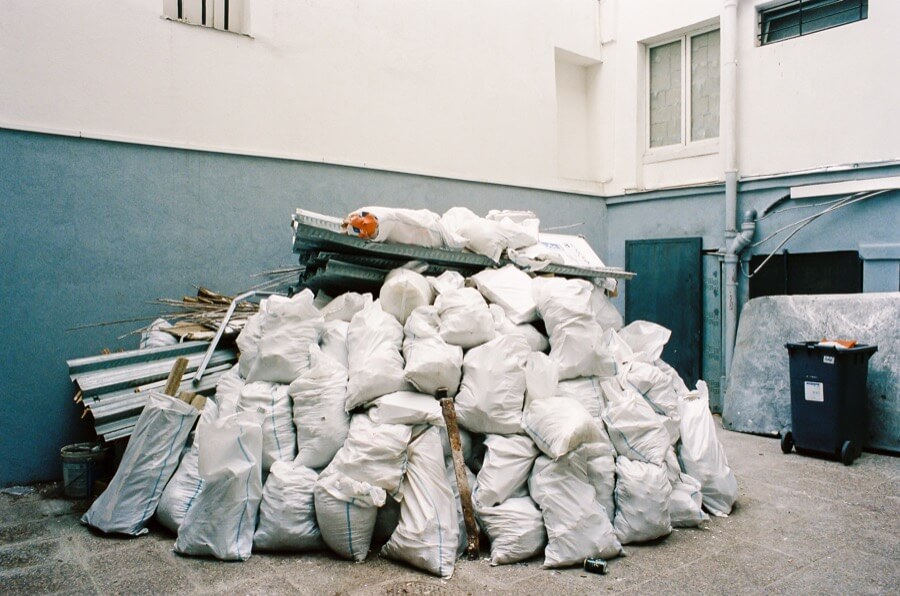
Unscrupulous builders may bury construction waste in gardens to avoid taking the proper steps for legal disposal. As well as contaminating the land, buried construction waste causes inconvenience to homeowners who end up out of pocket paying for legal waste disposal or construction waste recycling services to enable them to complete a landscaping project. Buried construction waste can also lead to sink holes or unstable footings as the pile moves or compacts over time.
What is illegal dumping?
Illegal dumping is the unauthorised discharging or abandonment of waste. It is an offence under Section 49A of the Environmental Protection Act 1986.
In addition, section 143 of the Protection of the Environment Operations Act 1997 requires waste to be transported to a place that can lawfully accept it.
The Department of Water and Environmental Regulation (DWER) is responsible for investigating and prosecuting illegal dumping under the Environmental Protection Act 1986. On conviction, the offence carries a maximum fine of $125,000 for corporations and $62,500 for individuals.
The National Waste Report, which was last published in 2020, suggested that WA was sending less waste to landfill than in 2006, bucking the nationwide trend. But commentators fear that this reduction was not due to increased construction waste recycling in WA, but likely linked to an increase in illegal dumping and levy avoidance.
Much of the drop in waste sent to landfill corresponds to the period after the WA Government hiked the construction and demolition landfill levy in 2015, from an initial $8 a tonne to $70 a tonne; a serious new cost for the industry.
Master Builders WA (MBWA) works with industry groups, security providers and enforcement agencies to prevent, clean up and pursue illegal dumping. MBWA reports most illegal dumping is construction and demolition waste dumped by unscrupulous trades, construction, and waste companies.
What is construction and demolition waste?
Construction and demolition waste (also known as C&D waste) mainly includes building materials such as rock and soil, nails, shingles, electrical wiring, waste asphalt, brick, concrete, timber, rubble, and tree stumps.
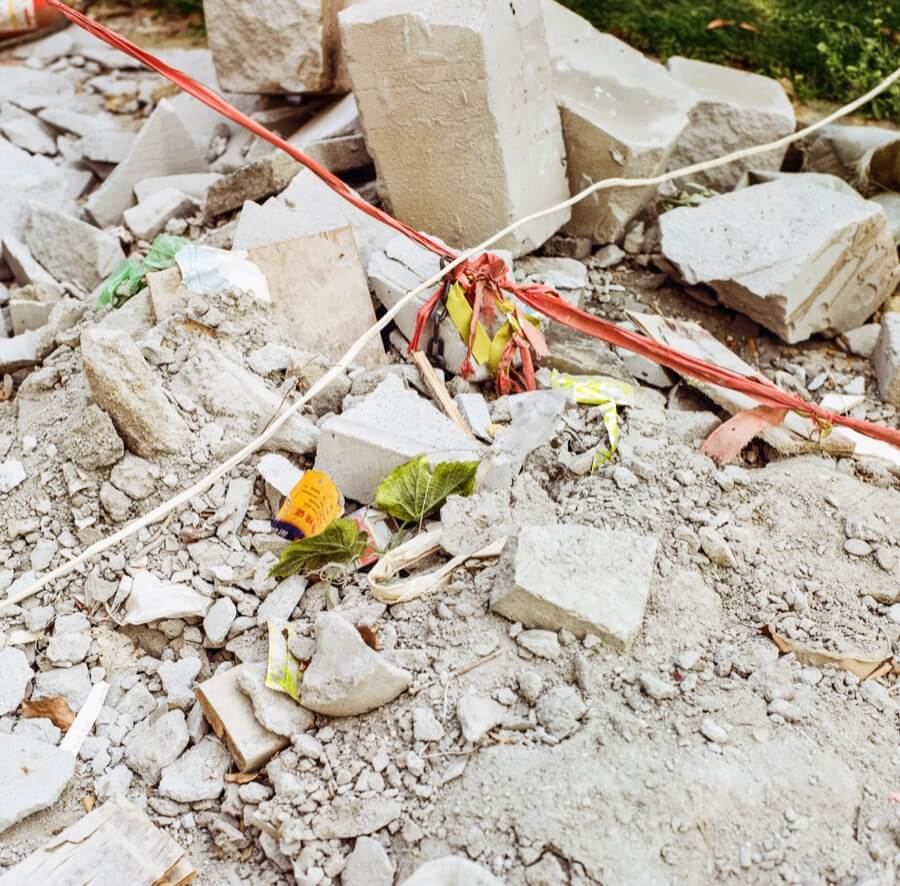
Notably building waste may also contain hazardous substances such as asbestos and contaminated soil, posing health risks to the community.
Every construction company has a moral and legal duty towards the community and the environment, and shoulders the responsibility for sustainable and ethical waste disposal practices, while also encouraging construction waste recycling.
Construction waste management and recycling
Every reputable building company should be able to share a copy of their waste management plan – an important document to assist builders to meet contractual, budgetary, and environmental goals by reducing waste from their projects.
Most waste building materials can be still useful to others and can be recycled and recovered resulting in reduced costs, while also helping to decrease environmental impact.
These building waste materials primarily include leftovers from concrete, metals, plastics, asphalt, gravel, wood, and insulation materials. An example of construction waste recycling is wood recycled to engineered wood and old metals to new metals. Useful building waste materials such as offcuts of timber or leftover construction materials can be advertised for sale or free on sites like Gumtree or Buy Nothing groups.
Adopting various ways of managing waste such as recycling can help in conserving resources and cut down on the overall expense of constructing structures with new materials.
Taking construction waste to landfills should be the last option when other methods of building waste disposal have been exhausted. By choosing construction waste recycling and reuse, builders can prevent unnecessary items from going to landfill, where they can generate harmful pollution of soil, water, and air.
How to dispose of construction waste effectively
The first step to legal and ethical construction waste disposal is to ask your builder for a copy of their waste management plan. If they don’t have one ask them to review the Master Builders Smart Waste Guide which sets out the facilities that recycle building waste.

At Focus Demolition we are well-trained, dedicated construction waste experts, and we encourage builders to drop off construction waste at Swan Recycling, our construction and demolition waste yard in Perth. Swan Recycling accepts a wide range of clean construction and demolition waste in Perth including concrete, brick, tile, sand, limestone and mixed inert. Contact Swan Recycling for further information and queries.
You should also ensure that your builder is not dumping on others (or in your garden) by requiring trades and waste service providers to evidence certificates of disposal.
If recycling is not possible, the owner of the waste and the builder are legally responsible for proving the waste was transported to a lawful place.
If you witness someone dumping building waste or come across dumped construction waste, report the issue as soon as possible to your local council so they can take appropriate action.
You can also get in touch with Department of Water and Environmental Regulation (DWER) which is responsible for investigating and prosecuting illegal dumping under the Environmental Protection Act 1986 (EP Act) – 24h tel: 1300 784 782.

